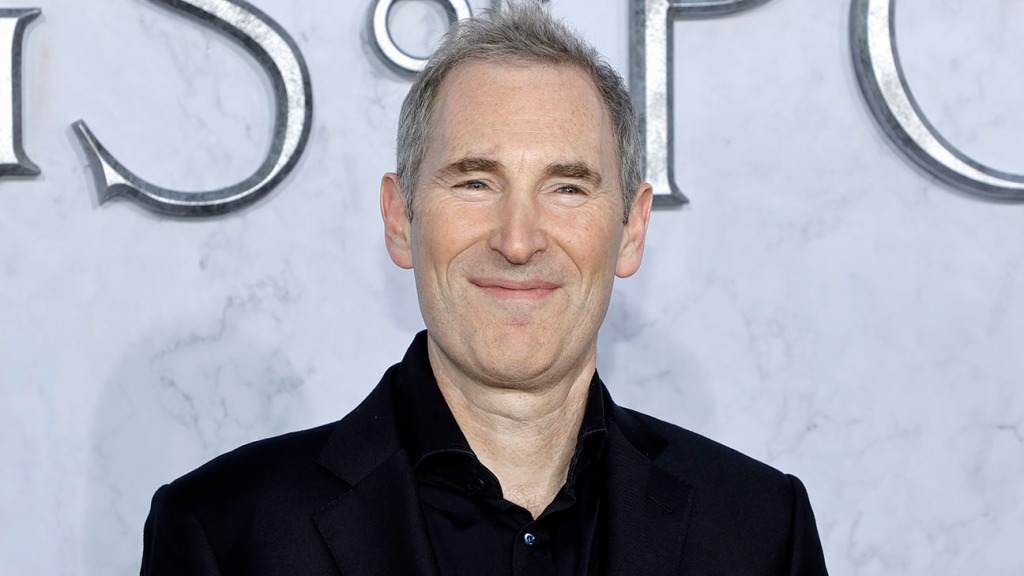
When Amazon first entered the enetrtainment space with its Prime Video division, the company said that it was all about retail. Customers would come for movies and TV shows, but stick around and buy other goods on the platform.
Speaking at The New York Times Dealbook Summit Wednesday, Amazon CEO Andy Jassy said that entertainment still serves that role, but he has also come to think that it can also be more than just an asset to boost subscriptions or shoe sales.
“I do think over time we have opportunities to make our Prime Video business a standalone business with very attractive economics,” Jassy said.
Jassy laid out a vision where Amazon becomes the center of the entertainment universe, where is produces its own programming, but also gives access to every other provider through its Channels program.
“Customers would like to go to a place and find everything they want, they don’t want to go to 5 or 6 different places,” he said.
For now, however, Jassy told interviewer Andrew Ross Sorkin that Prime Video continues to work as a driver for both ecommerce and Prime subscriptions.
“The reality is that our Prime video offering and all of that content is a really important ingredient in why people choose to sign up to Prime,” he sad, calling out NFL Thursday Night Football in particular. Jassy added that the company will continue to invest in sports, calling it a “unique asset” with an unrivaled ability to drive Prime sign-ups.
Jassy also discussed the controversy around an antisemitic book and movie promoted by NBA star Kyrie Irving. Noting that he is Jewish, Jassy told Sorkin that “I am worried about antisemitism and I find it very objectionable,” but he also added that deciding to remove content that is not plainly promoting violence “is a slippery slope,” particularly “when you have content whose primary purpose is not to espouse hate or ascribe negative characteristics to people.”
“You have to be willing to allow viewpoints that are different from your own,” he added, noting that Amazon has a panel that reviews objectionable content and decides what to do about it.
“There are a lot of books and a lot of pieces of content out there… and we don’t want a store where every page has a disclaimer.”
Jassy also addressed the “very uncertain economic environment” and Amazon’s decision to undergo layoffs.
“We just felt like we needed to streamline our costs,” he said. “Our goal has been to very thoughtfully but thoroughly go though the plans so that we don’t compromise on the strategic long-term bets we think can change the company.”
But it will be a difficult time for any C-suite executive.
“I think this time, this next year or two in the economy, is going to test the resolve of a lot of companies,” Jassy said.

